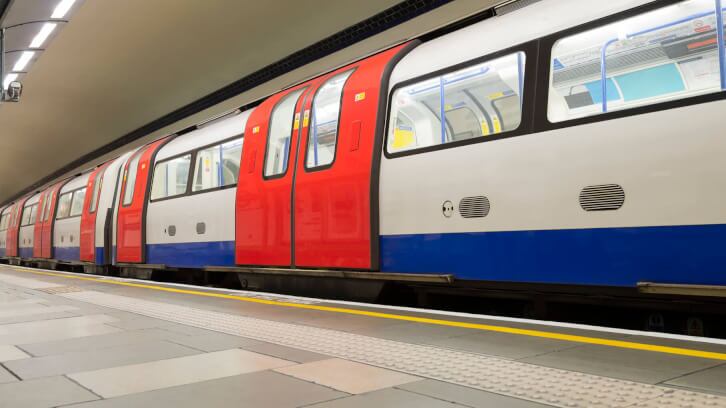Although the Night-Time Industries Association (NTIA) has welcomed an update by the Security Industry Authority (SIA) that will “improve standards in the private security industry and so better protect the public”, the NTIA fears knock-on effects for the on-trade.
After a public consultation carried out by the SIA from March to May this year, from 1 December 2025, the body will use the updated rules when someone applies for a licence, which includes applying to renew a licence; when new information about a licence holder makes the SIA review their suitability for a licence (for example, if it learns the holder has recently committed a crime); while current licence holders will not have the new rules apply to them unless the SIA receives new information about them or they apply for a new licence.
Lift standards
Some examples of ‘relevant offences’ include:
- Human trafficking and modern slavery
- Revenge porn
- Female genital mutilation (FGM)
- Domestic abuse
Meanwhile, new categories of offences will be introduced, such as:
- Immigration offences
- Public order offences
- Tax evasion offences
- Company law offences
NTIA CEO Michael Kill said: “The SIA’s updated licensing criteria will help lift professional standards within the security industry, which is particularly important in the context of forthcoming legislation such as Martyn’s Law.
“While this shift is positive, it has the potential to reduce the pool of licensed operatives available to operators, placing additional pressures on recruitment and compliance.
Seismic changes
“For pubs and hospitality businesses, this means a higher level of due diligence when sourcing or contracting door security, which could create challenges around staffing and costs.
“At the same time, the sector is already navigating wider reforms, including the move from self-employed to PAYE models of engagement and the development of a business licensing mechanism.
“Taken together, these represent seismic changes across the night-time economy. They must be managed carefully and given time to bed in so that they strengthen, rather than destabilise, businesses and communities.”
SIA director of licensing and standards Tim Archer said: “The SIA’s current robust licensing processes help ensure public trust and confidence in the private security industry.
“These changes will further strengthen these processes and support our drive to improve standards within the industry.”





